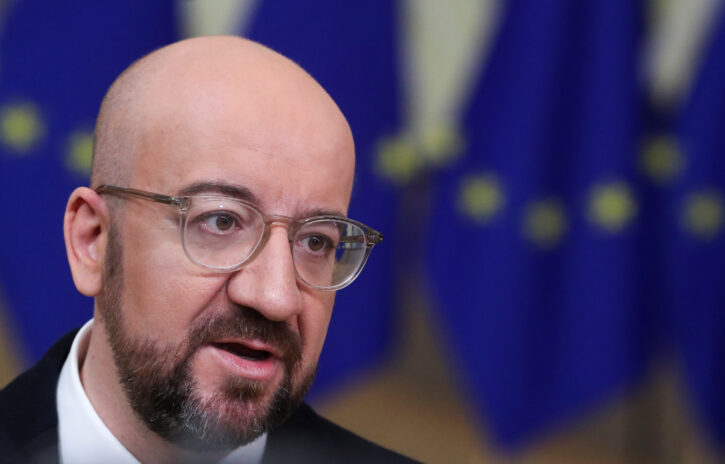
European Council President Charles Michel said in Zagreb on Thursday that Brussels needs to send a clear message to Western Balkan countries because that is an opportunity to demonstrate the European Union's external influence.
The recently elected new president of the European Council, who arrived in Zagreb on Thursday morning, has often stressed that one of the priorities during his term is the strengthening of the European Union's influence in the world.
In that regard, earlier in the day Michel spoke on the phone with Iran's President Hassan Rouhani, urging him to adhere to the 2015 nuclear agreement. Michel will visit Egypt and Turkey this week due to the situation in the Middle East.
Addressing a press conference in Zagreb together with Prime Minister Andrej Plenkovic, Michel, a former prime minister of Belgium and the youngest PM in the history of that country, said that the EU must not only watch what others will decide for it but must become a player on the international scene, because it is an economic power with more than 500 million residents and needs to promote its own values and interests.
In that context, he underscored that the EU has to send a clear message to Western Balkan countries as that is an opportunity to demonstrate Europe's external influence.
He underlined that sending such a message would prevent difficulties in the future and that the EU wanted to remain close to Western Balkan countries wishing to be members of the European Union.
At a meeting of the European Council in October, some EU member states, led by France, refused to open accession negotiations with North Macedonia and Albania, which is why many fear that the vacuum created with that decision could make room for other countries wishing to exert influence on the Western Balkans.
Michel said in Zagreb that that is the reason why it is necessary to send a strong signal to EU aspirants because that is also important for the stability and security of the European neighbourhood.
At the press conference, held at Zagreb's National and University Library, Plenkovic and Michel said that they would work together so that the Zagreb summit, to be held in May on the topic of enlargement, removed any reservation on the part of the countries that were opposed to opening the accession negotiations.
Michel underlined that until then it is possible to achieve progress in upgrading the EU accession process.
France was reserved in October because it considers that the Union must not be enlarged until the decision-making process in the EU regarding accession is improved.
On Wednesday, Plenkovic said that the new Commissioner for Enlargement, Oliver Varhelyi, is working on a document that could introduce an amended methodology for accession negotiations that will unblock the accession process.
On Thursday, Plenkovic underscored that Croatia, being familiar with the neighbourhood, can play a significant role in the accession of Western Balkan countries.
Michel's experience in Belgium as an exceptionally politically divided country, where all decisions are adopted by compromise after long negotiations, can certainly assist in efforts to reach a consensus in the European Council to that end.




